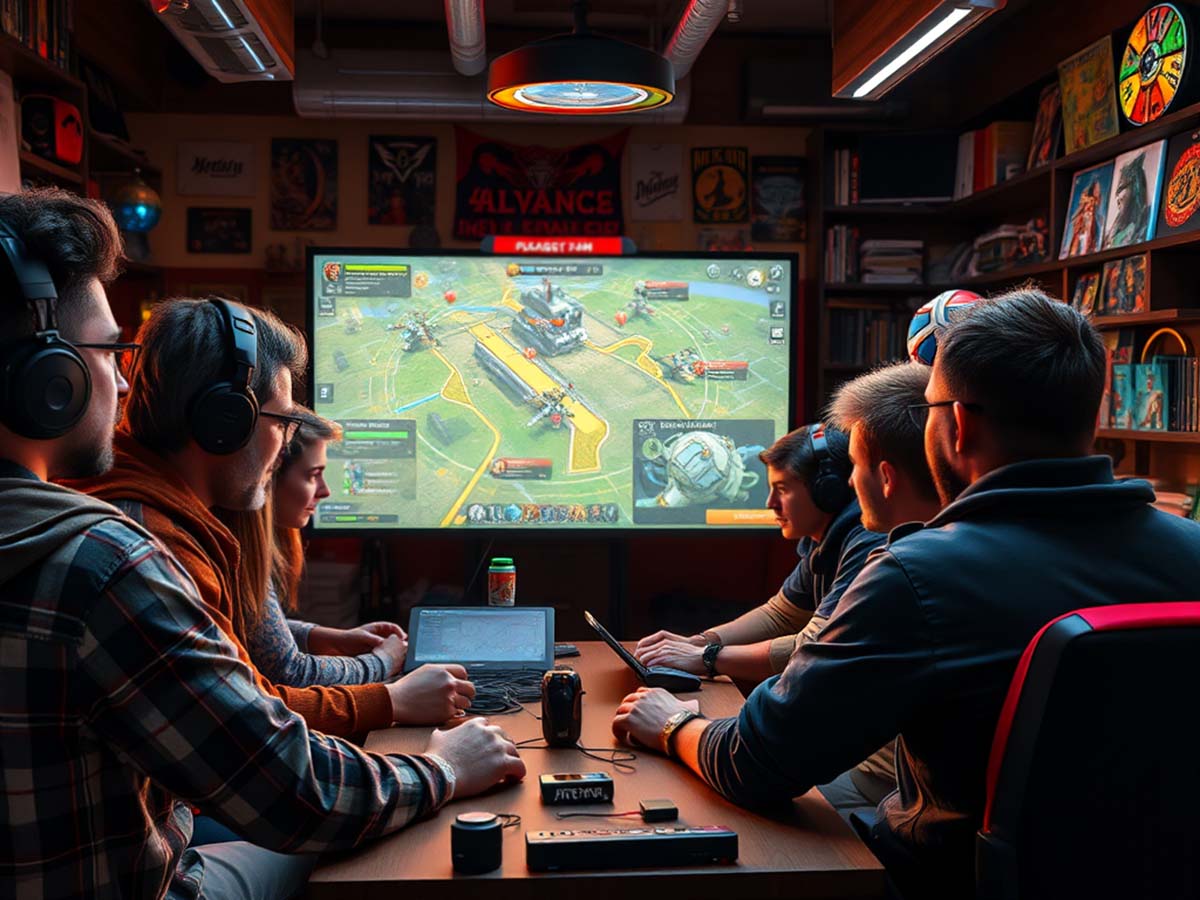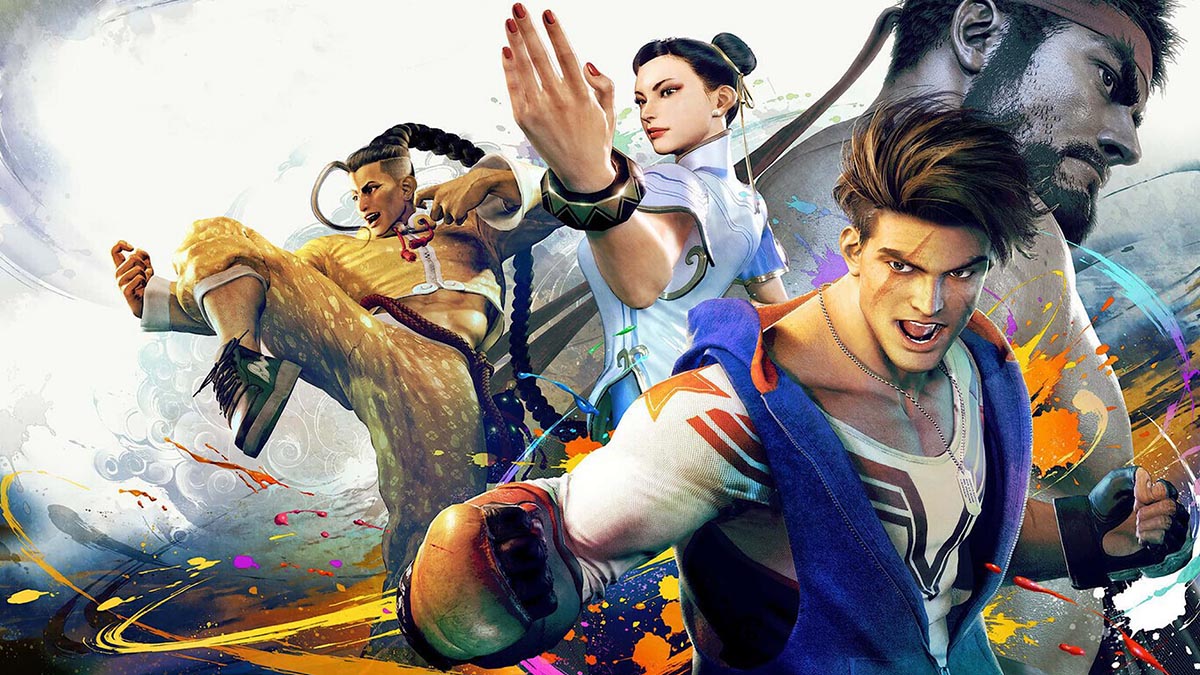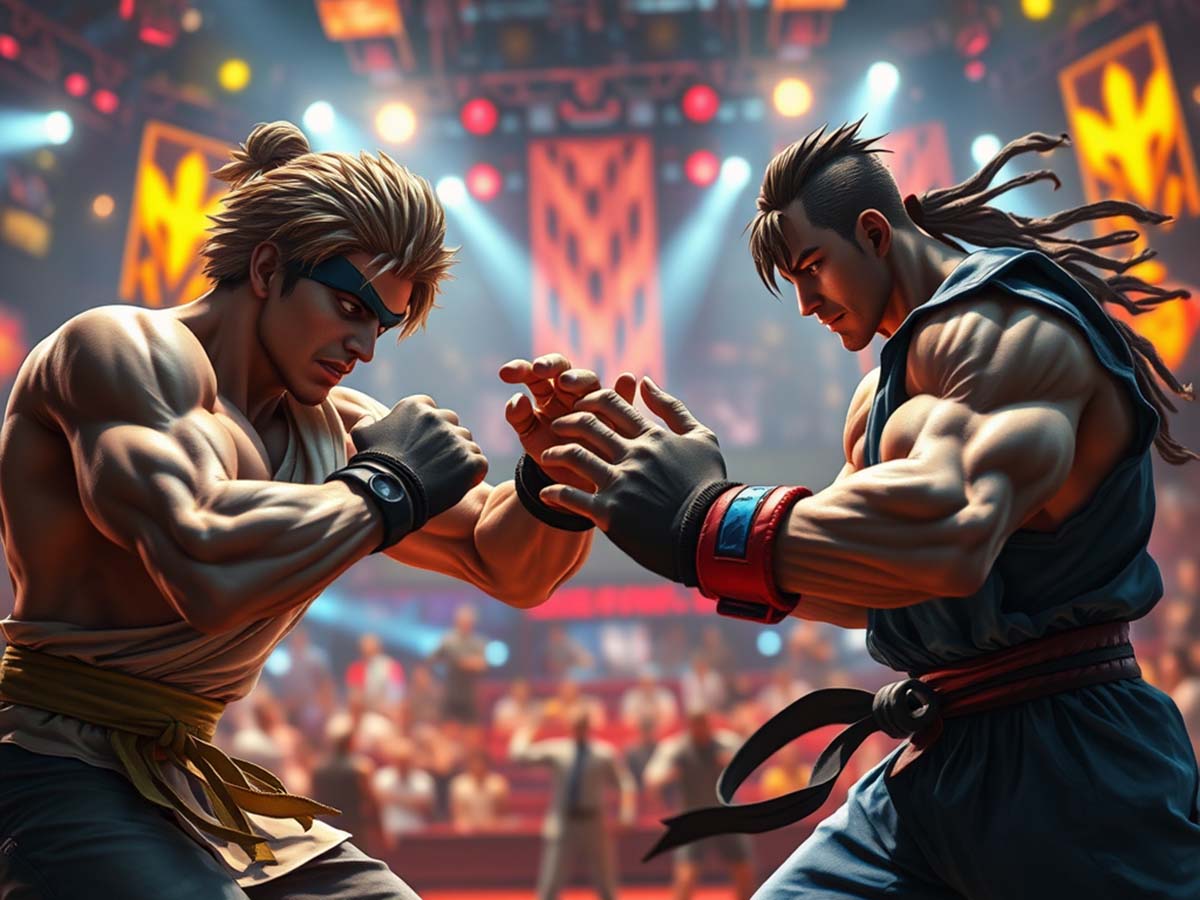Video games offer more than just a break from daily routines. They incorporate mechanics that mirror real-life decision-making. The process of balancing limited resources, taking calculated risks, and responding to sudden obstacles in games aligns with the kind of problem-solving professionals face in fields like business, healthcare, and engineering.
Players often develop skills without even realizing it. They analyze levels, weigh potential dangers, and adapt to new systems. These habits grow stronger over time, shaping the way they address real-world tasks. Digital challenges can be a rehearsal for real-life problem-solving, where confidence and swift thinking come from past experience.
Online cooperative modes push players to join forces. Some roles require on-the-fly decisions, while others involve long-term planning. These strategies feel much like workplace projects or even large-scale emergency operations. Everyone brings a unique skill set, and success depends on clear communication. People in law enforcement, rescue services, and large corporations often observe that gaming backgrounds help them remain calm under pressure.
Critical Thinking and Adaptability
Games challenge people to reassess plans and keep an open mind. Each new level, quest, or opponent requires fresh tactics. Adaptive thinking lets players shift approaches when the usual strategy fails. Whether it’s an epic boss fight or a puzzle sequence, the ability to learn from setbacks is essential.
Decision-Making Under Pressure
Fast-paced titles, like real-time strategy or sports simulations, sharpen rapid decision-making. In a multiplayer battle arena, participants must see what teammates and rivals are doing, then respond in seconds. Any delay can be costly.
Taking StarCraft as an example, players must juggle resource gathering, unit production, and defense. They also need to anticipate opponent movements. This combination mirrors how emergency personnel handle urgent situations. Firefighters or paramedics can’t afford to hesitate; they read the scene, consider hazards, then act.
In sports titles like Madden NFL or FIFA, participants must consider the entire field. They move characters, plan passing lanes, and detect openings for scoring. Instant decisions here resemble how stock traders watch shifting data and seize brief opportunities.
Adjusting to Unexpected Changes
Many games thrive on surprise elements. A sudden storm in an open-world survival game or an unannounced boss spawn in an online raid can derail the best plans. Victory hinges on reacting well to these twists.
The Long Dark revolves around survival in a harsh, ever-shifting climate. Players deal with hunger, cold, and random hazards like wolf attacks. They must change strategies once storms hit or supplies run low.
In real life, entrepreneurs adapt to shifting markets. Leaders in small startups or large firms shift plans when consumer preferences evolve. The capacity to pivot swiftly is similar to making it through an ambush in a role-playing adventure.
Resource Management and Strategic Planning
Games often limit vital resources: health potions, in-game currency, or crafting materials. Players must allocate these assets carefully. They pick which items to upgrade, which paths to explore, and when to engage enemies.
Real-world parallels exist in budgeting and project management. Allocating funds, manpower, and time is critical for successful outcomes. When a gamer weighs whether to purchase armor or save gold for a special weapon, it echoes a manager deciding between workforce expansion or research investment.
Balancing Short-Term and Long-Term Goals
Strategy games like Civilization highlight this concept well. Players can invest in scientific development for greater rewards later, or focus on immediate territorial gains. A balanced strategy usually wins.
In a corporate context, leaders face similar dilemmas. They might fund product development to remain competitive in future markets, or chase a quick profit by cutting expenses. The insight gamers gain from balancing these needs can guide better planning in the real world.
Financial simulation games like SimCity or Capitalism also teach cost management. If players overspend on one resource, they risk shortages elsewhere. This mirrors how an unbalanced budget can lead to future setbacks.
Team Coordination and Leadership
Collaboration is front and center in online team games. Each teammate might have a specific role, like healing, crowd control, or frontline damage. Communication must be clear, and strategies must align.
In a shooter like Overwatch, groups coordinate hero abilities and time their pushes. A tank hero may shield, while a damage dealer flanks. If teammates fail to communicate, the plan falls apart.
These scenarios translate well into workplace environments. A project lead ensures everyone stays on track, while each department focuses on its specialty. The synergy seen in gaming groups can boost morale and productivity at the office.
Leadership in gaming is not just about telling others what to do. It’s about knowing teammates’ strengths, offering guidance, and adjusting the plan if opponents outmaneuver you. Successful corporate teams often run on the same principles.
Problem-Solving Through Trial and Error
Innovation in gaming often springs from repeated failures. Many games push players to learn patterns, refine tactics, and keep improving. This iterative cycle is central to progress.
Iterative Learning and Experimentation
Titles such as Dark Souls or Sekiro are well-known for challenging boss encounters. Players initially fail, but each defeat reveals new insights. With each retry, they master enemy moves and sharpen their reflexes.
Engineers or scientists do something similar. A prototype might fail stress tests, leading to design tweaks. Over multiple iterations, the product improves. This mirrors how gamers refine combos or find safe spots in boss fights.
Marketers test campaigns, measure results, and adjust. If an ad fails to generate enough leads, they shift the message or target demographic. This approach is a real-life version of how a player might swap weapon types or skill builds.
Pattern Recognition and Strategic Execution
Many games reward observation. Spotting an enemy’s attack cycle in an action title, or finding the best time to place a certain unit in a strategy game, can shift the tide.
Hitman offers stealth-based missions where players watch guards’ patrol patterns. This data informs the perfect time to sneak by or orchestrate a silent takedown.
In finance, traders look for market patterns, analyzing ups and downs to forecast potential growth. Recognizing these signals can mean the difference between profit and loss. Gamers train themselves to notice subtle cues, which can be a huge advantage in professional realms.
Creative Thinking and Innovation
Gaming can motivate players to craft imaginative solutions. Many puzzles and levels are designed to challenge typical thinking, pushing participants to try new angles. This fosters a spirit of innovation that can lead to breakthroughs.
Building Unique Solutions
Minecraft stands out for its open-ended nature. Players create structures, machines, and even entire cities using basic blocks and materials. This freedom to sculpt the environment encourages an experimental mindset.
Factorio revolves around automating production lines. Gamers link conveyor belts, machines, and transport systems to maximize efficiency. They optimize layouts over time, which parallels how real-world factories refine assembly processes.
In workplaces that value innovation, these same brainstorming and prototype-building skills are invaluable. Designers, engineers, and software developers often look back on gaming experiences that taught them how to test wild ideas.
Applying Lessons from Virtual Worlds
Many employees cite their gaming background as a secret advantage. They learned to pivot strategies when faced with sudden constraints, and they formed habits of consistent research and practice.
Gamers often excel at tackling complex systems. A large project might resemble a role-playing game with interlocking mechanics, each requiring attention and optimization. By breaking down problems into manageable chunks, they replicate the logic used in item crafting or talent trees.
Whether the task involves building a marketing plan or coding an app, the approaches honed in virtual contexts can transform into real achievements. Employers notice that individuals who have excelled in challenging games bring dedication and patience.
Gaming as a Training Ground for Real-Life Success
These skills go far beyond recreation. Gamers develop sharper reflexes, better strategic thinking, and a willingness to practice repeatedly. They form teams, set objectives, and adapt when the unexpected happens.
Decision-making under tight deadlines, resource management, group coordination, and inventive problem-solving blend into a formula for success. Many game-inspired lessons echo the strategies taught in leadership courses or business seminars.
As technology evolves, the overlap between virtual challenges and real-world tasks grows even more pronounced. Games encourage participants to think about consequences, weigh options, and unite with others. These talents become even more meaningful in a rapidly shifting world.
A player who thrives in high-stakes raids or puzzle-solving scenarios may find that professional challenges feel more manageable. Past gaming experiences can serve as a mental guide for planning, collaboration, and resilience.
In the end, the link between digital adventures and everyday accomplishments is undeniable. By applying strategies from gaming, people often reach goals they once thought were out of reach.


